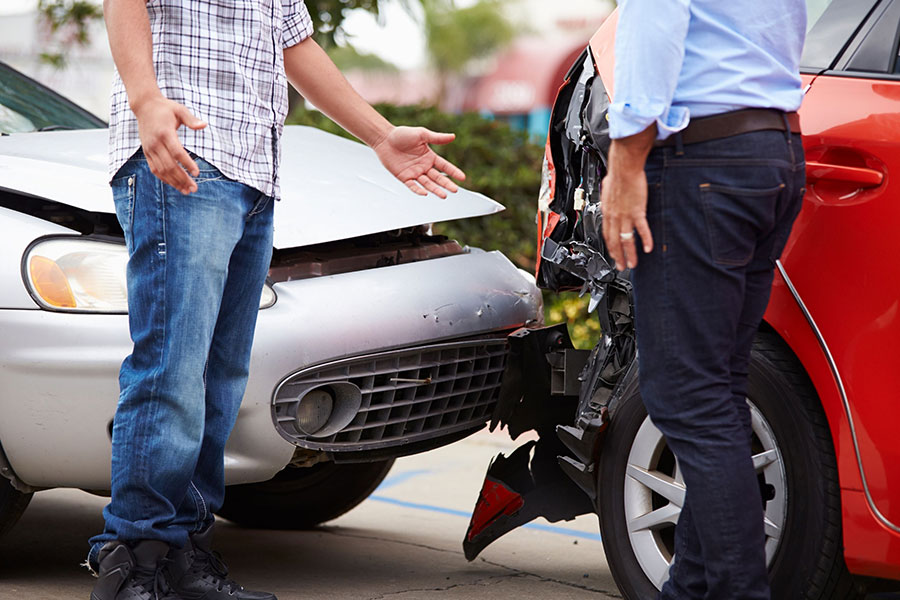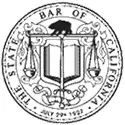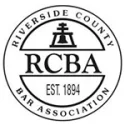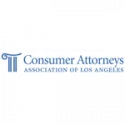If you were recently in a car accident, you may be wondering whether or not you may receive any compensation for your losses. In California, victims of auto accidents do have legal recourse to hold the negligent motorist accountable for their damages.
California is an “at-fault” state. This implies that in order to be eligible for compensation, you must demonstrate to your insurance company, a judge, or a jury that the at-fault motorist was, in legal terms, “negligent.”
How Is Fault Determined in a Car Accident in California?
You must first establish and demonstrate that the other drivers were definitely at blame for the collision before you can hold them accountable. Pointing fingers won’t always be enough to establish blame because there is sometimes a substantial sum of money at stake. Instead, you will usually need to provide convincing proof of the violation.
These legal determinations must adhere to certain standards regarding vehicle accident liability; also, different parties may establish fault through various methods. A skilled personal injury attorney should handle your case and help you with your financial recovery because identifying liability in a California auto accident may be difficult.
In California, there are two approaches to prove liability in car accidents. The first step is to establish common law negligence on the part of the other motorist. The second step is to provide evidence that the other party broke the California Vehicle Code or another law.
Common-Law Negligence
Under the standards of common law, you must demonstrate:
- The other motorist is duty-bound to follow the law when driving, do it responsibly, watch out for other drivers, and be aware of the condition of the roads.
- The other motorist didn’t drive the automobile carefully enough.
- The accident was directly caused by the breach of duty.
- You suffered bodily, mental, or financial losses as a result of the accident.
You need to present proof, such as police records and witness testimony, to demonstrate common-law negligence.
Statutory Negligence
The second, and slightly simpler, approach to prove negligence is to demonstrate that the other motorist violated a law, such as the California Vehicle Code.
Whether the motorist broke the law will often be included in the accident report from the police. If so, without any further proof, they will be assumed to have been negligent. As a result of what is known as negligence “per se,” the law will hold them accountable for the accident.
What if both drivers are at fault in an accident?
According to California law, any driver involved in an accident may have some degree of blame for what occurred. The term for this is comparative negligence. This indicates that the injured party’s compensation may be diminished if they themselves are negligent and played a part in the accident.
The Police’s Role in Determining Liability Following a Car Accident
The professional judgment of the investigating officer regarding who caused the accident may or may not be included in the report. Even if there is a statement of blame in a police report, legal accountability is not always determined by this statement. The police report can be helpful to insurance companies and courts when determining liability even though it does not specify who was at blame.
Additionally, if police officers think a particular motorist broke the law, they may cite them, carry out additional inquiries, or even detain them. If a motorist receives a ticket or is accused of a crime, this can be significant and challenging proof of their guilt. Due to these factors, police can be crucial in identifying who is at fault in an automobile accident.
Importance of Evidence in Car Accident Cases
Determining negligence in cases of personal injury and wrongful death requires evidence. In these kinds of situations, examples of evidence that can be used to support a claim include:
Detailed medical records, attending doctors’ statements, as well as medical records from before the injuries.
Bills, receipts, and other records indicating the costs of other charges, such as lost wages, medical bills, and property damage
Images and videos depicting the location of the crash, your injuries, and any other damages
Statements and evidence from witnesses to the accident
Analysis and testimony from professionals in medicine, accident reconstruction, occupational retraining, biomechanics, economics, and other fields..
Contact us
It might be difficult to determine who was at fault in a California vehicle accident, but doing so is crucial to completely receive compensation for your losses and injuries. Zucker Personal Injury & Accident Lawyers, APC‘s personal injury attorneys have a wealth of expertise in fighting for injured car accident victims.
Call us today at (951) 699-2100 for a free consultation.










